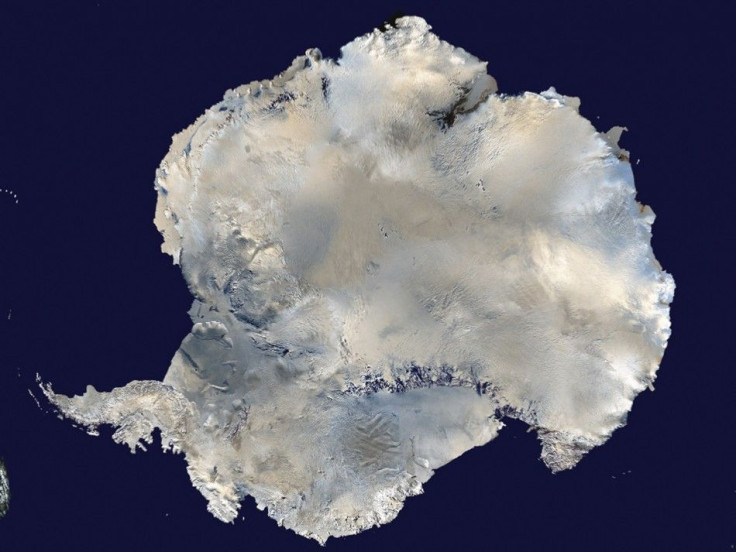Global warming speeds up movement of antarctic glaciers to alter shape of the Earth

Mountains and glaciers are moving faster than ever because of global warming, a recent study conducted by a team of researchers at the University of British Columbia suggests.
Michele Koppes, lead author of the study published in the journal “Nature,” says that ice sheets are already moving faster than ever before, and that frozen Antarctic glaciers will start moving faster as soon as the temperature in the area hits the 0 degree Celsius mark.
During the study, Koppes and her colleagues compared the glaciers in the Antarctic Peninsula and the Patagonia. The team found that the glaciers in the warmer region of Patagonia were moving faster than the glaciers in the Antarctica. The researchers say that the warmer temperature had led to the melting of the ice, resulting in the lubrication of the ice bed that facilitated the movement.
The researchers also found that the Patagonia glaciers were eroding nearly a thousand times faster than the Antarctica glaciers. However, with an increase in the global warming across Antarctica, all the glaciers are expected to move faster sooner or later.
This phenomenon could make the movement more erosive, leading to the formation of deep valleys and deposition of sediments in the ocean.
"Glacial erosion rates are expected to increase with decreasing latitude, owing to the climate control on basal temperature and the production of meltwater, which promotes glacial sliding, erosion and sediment transfer," explained the researchers in the study.
This, in turn, would cause the Earth’s shape to be drastically altered and it would one day end up having a different shape altogether. The deposition of the eroded sediments in the ocean is expected to change the aquatic habitat drastically. The researchers also say that the effect of the change will be more pronounced in the Canadian Arctic.
Contact the writer at feedback@ibtimes.com.au, or let us know what you think below.





















